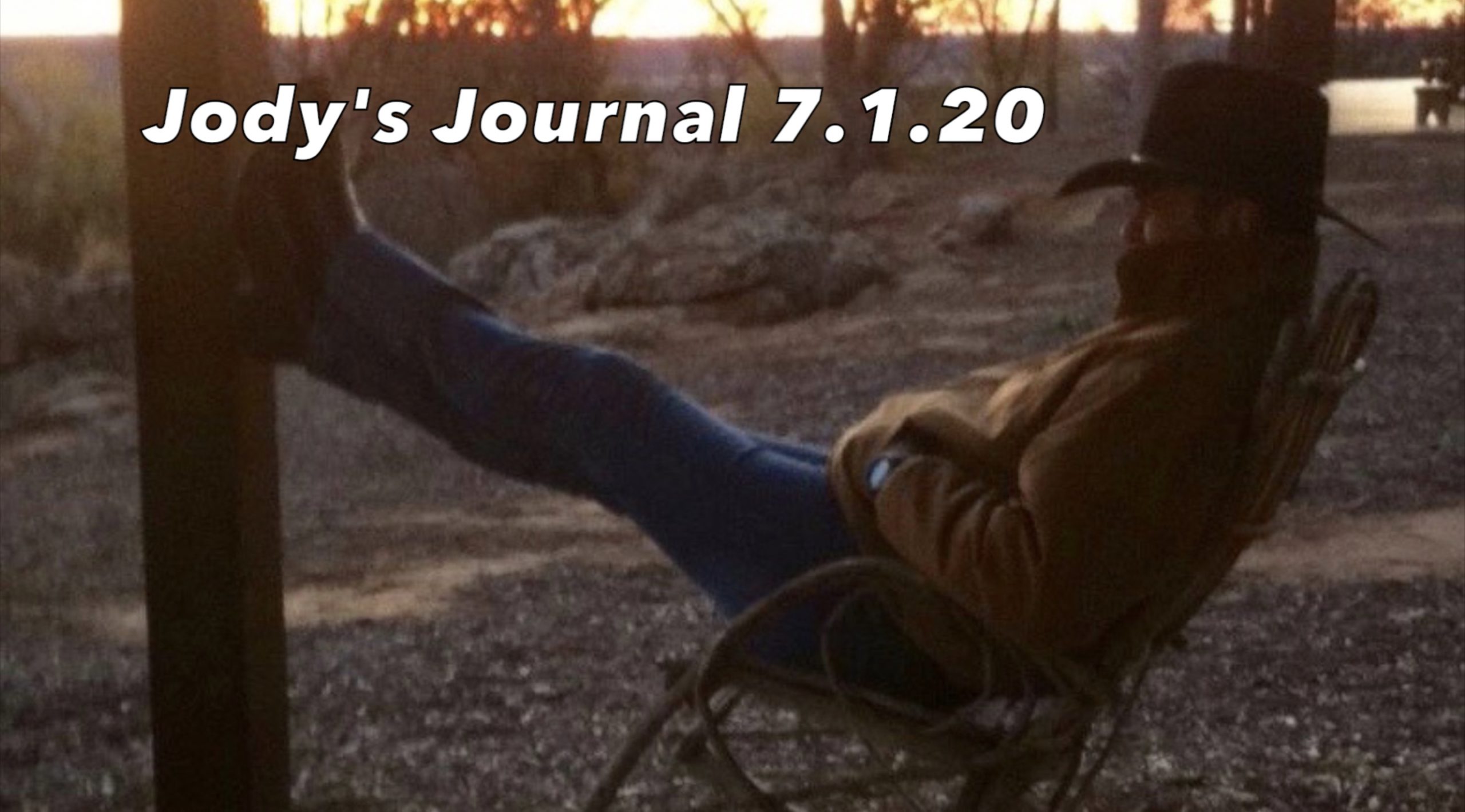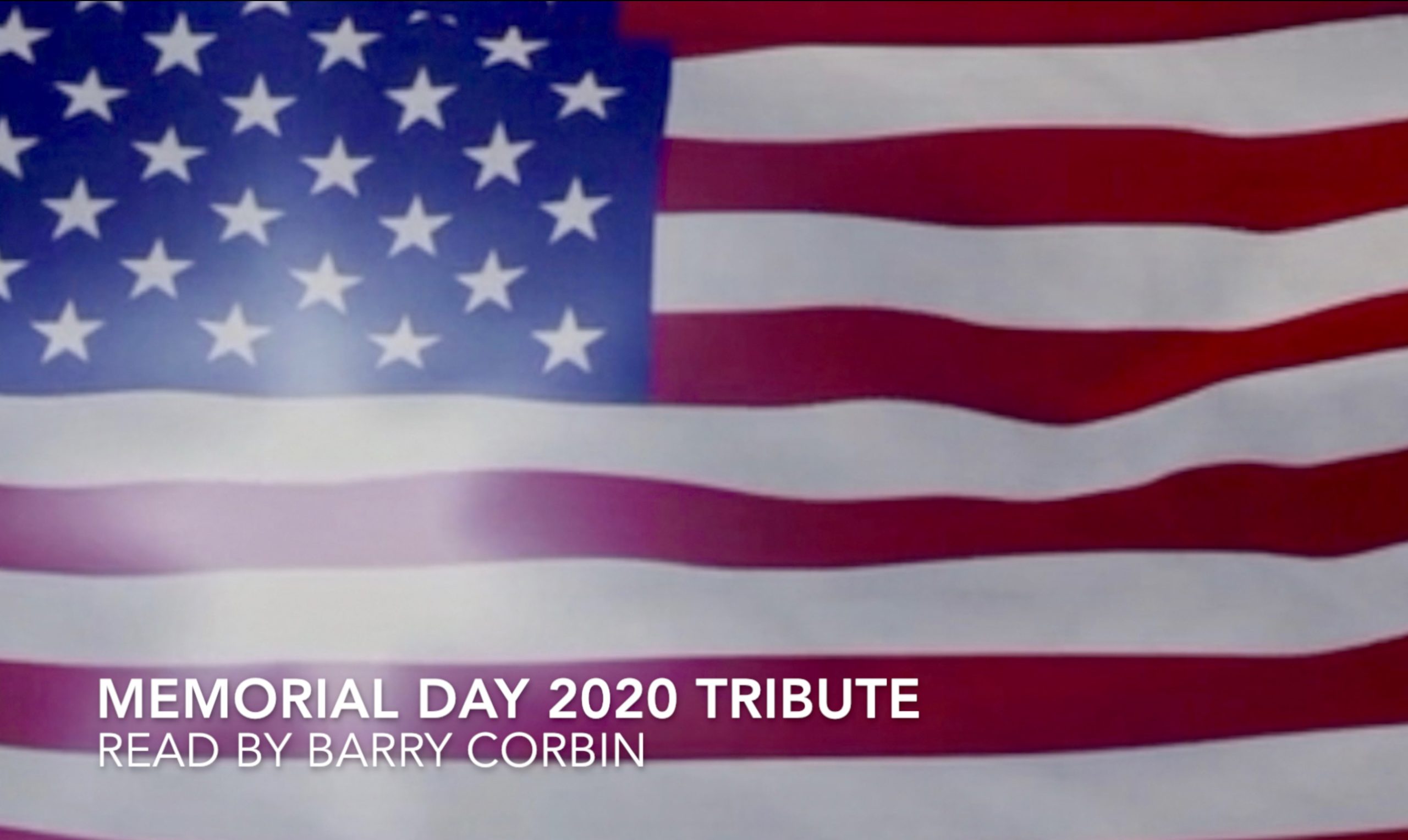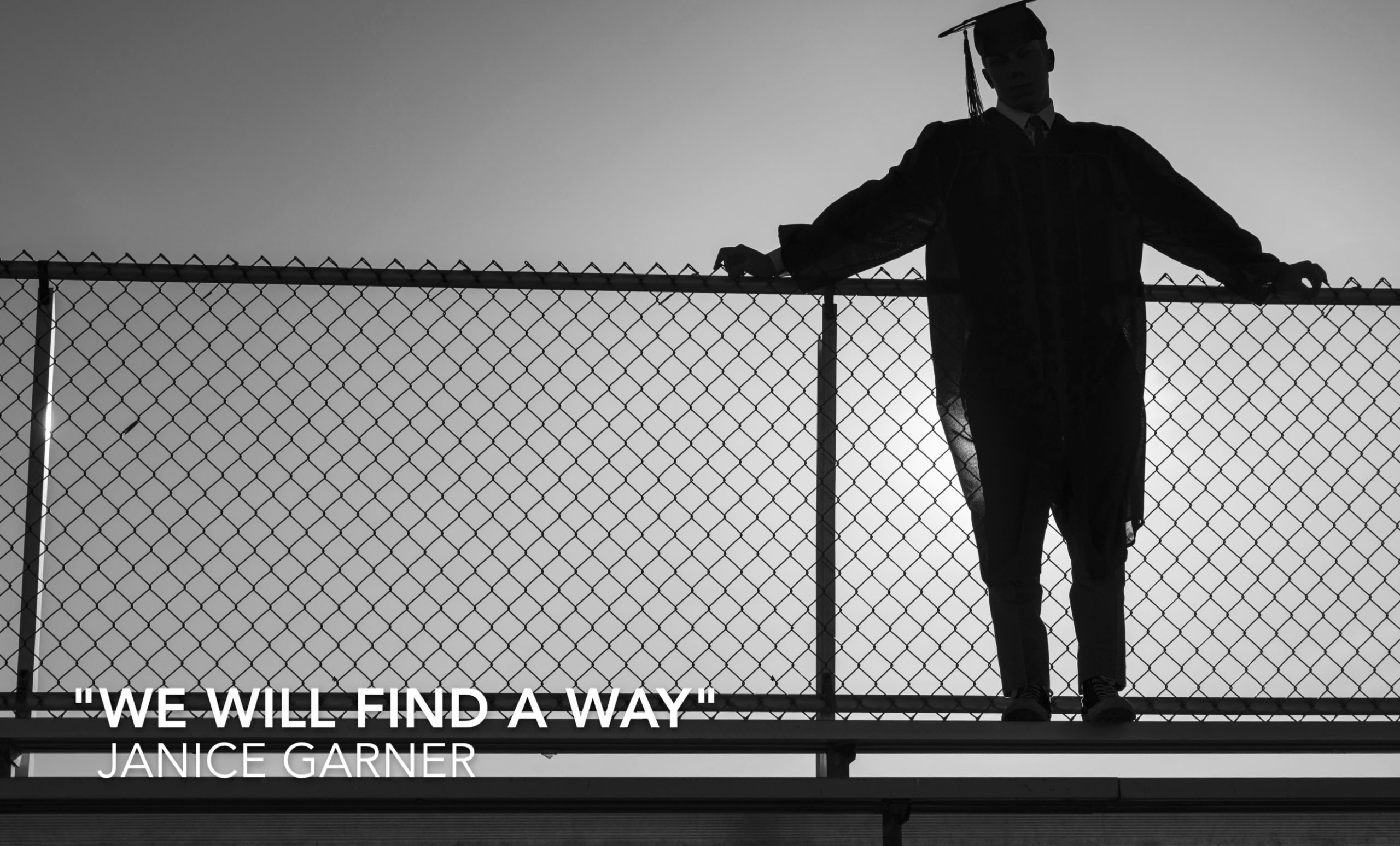Skip to content
The Quiet Man
Television news anchors. A different breed if ever there was one.
One I knew would revise the scripts right before every newscast, in order to make sure he always had more on-camera lines than his female partner.
Ted Baxter and Ron Burgundy had nothing on that guy.
Actually, those parodies are among the more flattering images held by the general public toward “TV people”, especially in these curious times. They’re just reading the news, ya know? Anyone can do it. Them? Oh, they’re so biased I can’t even watch anymore. Journalists? Please. It’s all fake news. It isn’t, of course, but that’s what they say.
And then there’s John McCaa.
Nineteen eighty-four. Say it slowly. Here’s a small indicator of how much things have changed since John McCaa started coming into our living rooms: in 1984, it was still called Dallas-Fort Worth Regional Airport.
You know what I’ll bet John is, mostly? Tired. No, don’t mean tired of being dedicated to fairness, justice and reason. I mean physically. He’d probably never admit it, but nightside news anchors would all confide the truth if we could: we’re pooped. Somehow local TV people oft have an image of, well, whatever. The truth is usually different. Among other things, can I just say that broadcasting ain’t a business to get into if you want a social life? Like making movies, making TV isn’t nearly as glamorous as some imagine. If you work mornings you go to bed at 7pm. If you work evenings you go on when everyone else is going home. By the time 10pm rolls around, people are going to bed. You? You are going to the green wall. And theoretically, the job means keeping your head when most everyone else could reasonably be expected to lose theirs. Every night. For three decades, plus.
I’ll bet you’ve heard people say they don’t watch the news anymore. Maybe you don’t watch, either. Wanna know something about being in TV news? We watch all the time. Not the other TV stations, because they’re on when we’re on, so we can’t. I’m talking about the incessant feed of everything. All of it. TV. Radio. Social. We can’t shut it out. Especially the stuff that never makes air. We see that, too. Much, if not most of it, isn’t pleasant. Plenty is downright horrific. But even more than that, it’s skiing down a sheer slope riding the debris as it cascades in a perpetual avalanche. The download never stops. You might get home thirty minutes after you said good night, but none of that stuff in your head will be ready to sleep for hours. You’re jacked. You want to turn off the computer, but the screen only gives you a spinning circle.
No, the job doesn’t pay that much – at least not anymore. Once upon a time every cubby in your building was filled. Reporters. Producers. Writers. Editors. Salespeople. Times have changed. People get their news differently. Much of it changed on your watch. You wonder if this would have been different if only you’d been a little better. You wonder if news matters as much anymore, while remaining as convicted as ever that it should matter. You content yourself by whispering that you did the best you could. You’re not the sort to think of awards, but the long list of honors attached to your name is proof to anyone; you did as well as anyone ever has. John McCaa? In a business that breeds horn tooting, McCaa doesn’t play trumpet – but he could outfit the entire Creighton University Pep Band.
Ask anyone who knows John McCaa to describe him in one word and you’ll probably hear humble. Or kind. Patient also comes up a lot. Let’s not forget strong. McCaa was the first male African-American news anchor to assume the 6 and 10 o’clock desk full-time in Dallas-Fort Worth. In TV, viewers will send you hate mail over a haircut they don’t like. I can’t even begin to imagine the kind of garbage John had to put up with just for being John. The son of a career military man, resolve also applies. It’s an image-driven business, but you’re only good as your trustworthiness. That requires consistent devotion to integrity. If John McCaa said the sun would come up in the west tomorrow people around here would look toward Weatherford. His final Uncut commentary fits everything he’s ever done. There’s something bigger at work here.
After awhile of doing that job the inside of your brain can start to look like a network control room, with 25 preview screens going non-stop, day and night. Something terrible happens and you rush to the set, or the scene, and find another upside-down dynamic waiting. “Something terrible” is actually your Showtime!. It’s the moment where all your training and all your instincts combine. And it always feels…off. More than a few of my former colleagues wrestle with their own form of PTSD. Daily doses of awful will wear you down. I’ve known many who have ended their day in sobs. No, it’s not the same as being actually caught personally in the hourly carnage. It’s witnessing it. Friday night when McCaa said his goodbye, and quoted the sixth chapter of Numbers? Go back and listen to the emotion he poured into the phrase, “I wish you peace.” John meant it, with every fiber of his heart.
Hating the media is a sport now, but let’s draw something of a distinction, okay? The network types probably started out somewhere like Omaha, and likely worked hard to get to the top. At the network level, “the top” can take you away from the world everyone else inhabits. Your local TV animal is a different species. It’s more personal for us. We live in the cities and neighborhoods we report on. We know the names of the streets, or should. Running into McCaa at the grocery store, or meeting him at a luncheon, or spotting him in an art gallery, or having him come to your school was no big deal – for thirty-five years. John – about to become a granddad himself – has undoubtedly heard this from a fan before: “I remember growing up (watching) you at my grandmother’s house!” When your town has success, or something to celebrate, it’s fantastic. When you see it touched by natural disaster, or something like a mass shooting, it’s devastating. It’s home.
Steady would be another good word. When John McCaa started at Channel 8, TV was just switching from paper teleprompters. Now studio cameras are operated by robots. Two or three people are expected to do what used to take ten. Information comes faster and from more directions than ever before. It can beat you up. And yet there was John, for thirty-five years. Relationship experts say half the battle is being present. Just outlasting everyone else is pretty remarkable to begin with, but John’s secret was what he didn’t do. There were no arched eyebrows or pursed lips. There was no self-aware irony. He just gave it to you straight, dependable, and true. It probably wouldn’t surprise you now to learn John plays drums. Establishes the rhythm, you see? What else could he play?
As McCaa said in his farewell, none of what he did for the last three decades would have been possible without an extraordinarily understanding person at home. You never get back the missed ballgames and recitals, the missed dates and dinners. All you can do is hope that whatever good you did or career you had was worth it. A forgiving family is essential. Now McCaa and Nora plan to travel – for a long time – and eventually, maybe move closer to her parents in another part of Texas. Not shocking for someone happy to keep the beat. Not a surprise for someone who gets what it means to find that groove everyone else can use to improvise.
Generally speaking, people like John McCaa are noticed most when they go – and few I’ve ever met are comfortable with attention when they do. They didn’t do it for the spotlight in the first place, and have never been quite sure what to do with its glare anyway. Thankfully, someone at WFAA realized exactly what was happening and recognized it appropriately. Clearly warmed by it all, I’m sure McCaa still thinks everyone made entirely too much of a fuss. The quiet ones always do. But I’ll bet fully half or more of that staff watched John growing up. No telling how many of them do what they do partly because they saw and liked the way he did it. That’s just inside those walls. Outside? Over the generations? My goodness. No matter what, John McCaa was there to let you know what was going on. Everything else could be flying apart, but he didn’t. Not John McCaa.
And because of that, it was going to be alright.

JD
3.3.19
Share This Story, Choose Your Platform!
Page load link






